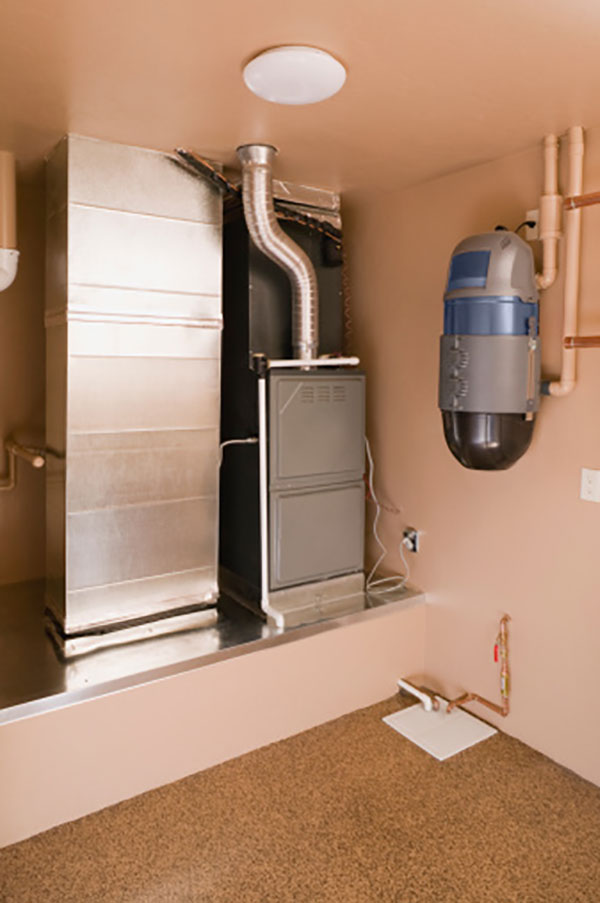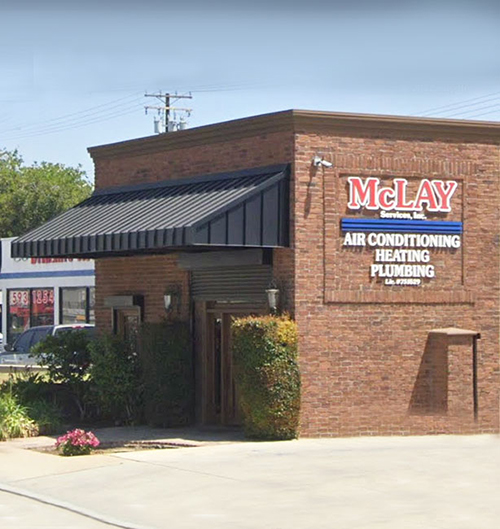1. Why does my heater keep shutting off?
Modern heaters keep cycling on and off automatically when they sense that the inside air is too cold for your comfort, or conversely, the atmosphere is comfortable enough without any need of the unit running on. However, one or other kind of malfunction in the unit may make it follow this routine randomly. So yes, if you find that your heating unit is shutting on or off on a quite random basis, that may very well indicate a problem. However, before you contact a HVAC service to fix the issue, there are a few things you can do yourself to diagnose and possibly solve the issue.
This problem is often caused by dirty air filters. The dirt in the filter blocks the warm air to release in the atmosphere and instead, makes it return to the system and this makes the unit wrongly interpret the situation as being warm enough. When this happens, the unit may shut off on its own. So, being in the habit of regularly changing your air filters is one of the surest ways to prevent this problem.
A faulty reading by the thermostat may also be a cause of short cycling. If the thermostat is not set to accurate settings or if it is placed too close to a heat source such as another heat register, sunlight, etc., the unit may get a false impression and shut off. Other common causes to short cycling include corroded flame sensor, foreign objects lodged in air vents or chimney, etc. If you find that you cannot diagnose or fix the issue by yourself, you may need to contact a HVAC service.
2. How are heaters rated?
Most heaters and air conditioning systems these days will come with AFUE or annual fuel utilization efficiency ratings. Higher AFUE ratings mean higher efficiency. In contrast to thermal efficiency which is useful to know the peak instantaneous efficiency of a unit, AFUE gives you the seasonal efficiency measures. It is calculated as a percentage which is the ratio of total energy output annually to total energy input at the same time.
For any of your HVAC needs, please call our services.



